-
Lohff & Pfeiffer
About Lohff & Pfeiffer
Iimprint
Contact
Newsletter
Location
L&P team
- Instruments
General
Trade options
About clarinet
Search specific instrument
Ab-clarinet
Eb-clarinet
D-clarinet
C-clarinet
Bb-clarinet
A-clarinet
Mozart basset-clarinet A
G-clarinet
Bassethorn F
Alto-clarinet Eb
Bass-clarinet
Contraalto Eb-clarinet
Contrabasse Bb-clarinet
German-Albert system Bb
Reform Boehm A & Bb
Peter Bastian Instruments
Plateau clarinets
Quartertone clarinet
- L&P Optimization
Optimization
Customization
Specialities
Special Keywork
- Accessories
General
Care products
For instruments
Reeds
Tools for reeds
Straps and hand rests
- Repair
Book time
About Repair
Maintenance
Plating-Surface treatment
Pads
Padding style
Cracks
Tone hole problems
Joints
- Tips & Advice
How to..
Videos
Worldwide external information
Problems & help
Education & learning
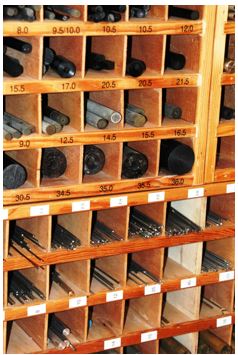
Stainless steel, Brass, Silver, Nickelsilver, Delerin, Nylon, Hardrubber or Wood.We carry a wide range of raw materials to be able to handle any chalange. Key material
Woodwind instrument keys are available in
1. Plastic,
very rarely used. To our knowledge it is only used by the British student clarinet maker Lyons. Buffet used to make their adjustable hand rest from galvanized plastic, and we have seen it on some Yanagisawa keys. Galvanized plastics are used extremely often for all sorts of bathroom equipment like bath amateurs, handles, and more.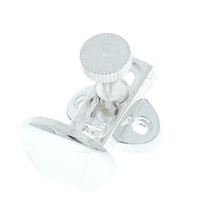
2. Brass is primarily used for necks and bells as well as for some historic instruments or recorders. Brass comes in many qualities.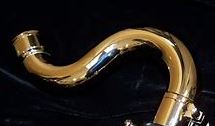
3. Nickel silver is the preferred material for most woodwind instrument keys. It is also called alpaca or German silver. Despite its name, it no longer contains any silver.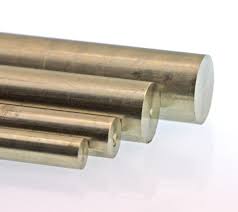
Nickel is a very hard metal, one of the most common ones we have on earth. It is an alloy where nickel is added to brass. Polished, it is very shiny, which is the reason for its name. You can find it in cutlery flatware, coins, house keys, and instrument keys.
The Nickel can cause allergies and will tarnish to a dull surface, if not protected. Therefore, the keys are usually first copper and then silver-plated. The silver also has antibacterial properties.
Since the amount of Nickel-silver used for the music industry is comparatively low, the type of nickel-silver available in a country and for a manufacturer, depends often on the type of coins used. European nickel-silver has usually 10 or 12 %, American nickel-silver will have 18% nickel. The higher the nickel content, the stronger the keys will be, but it also makes them hard to work with and difficult to bend. Besides that, it can wear down the steel rods quicker, if the surface is not perfect and cause faster wear. Very high quality instruments use steel rods in combination with silver tubes.
For some student and a few professional instruments nickel-plating is offered to keep the price lower. Over the long run, we believe that it is better and cheaper to go for the silver-plated instruments due to 4 reasons:
1. The nickel plating will wear out faster and the instrument will look older than expected
2. This will reduce any reselling value
3. Risk of nickel allergies.
4. Because of allergies, nickel plated instruments cannot be sold in some countries.
Silver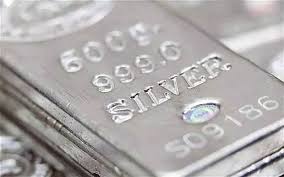
is only used for small keys, which are not exposed to big forces since it is a very soft metal. On the other hand, it can be excellently machined and is antibacterial. Silver is almost exclusively used for flutes and occasionally for oboes.
Help us to get better
Was this article helpful?
Comments, additions or questions are always welcome at: info@clarinet.dk(C) 2014 - by Lohff & Pfeiffer - Brøndbyvej 211 - 2625 Vallensbæk + 45 3535 8643 - SE DK 1895 7485 info@clarinet.dk - Instruments






